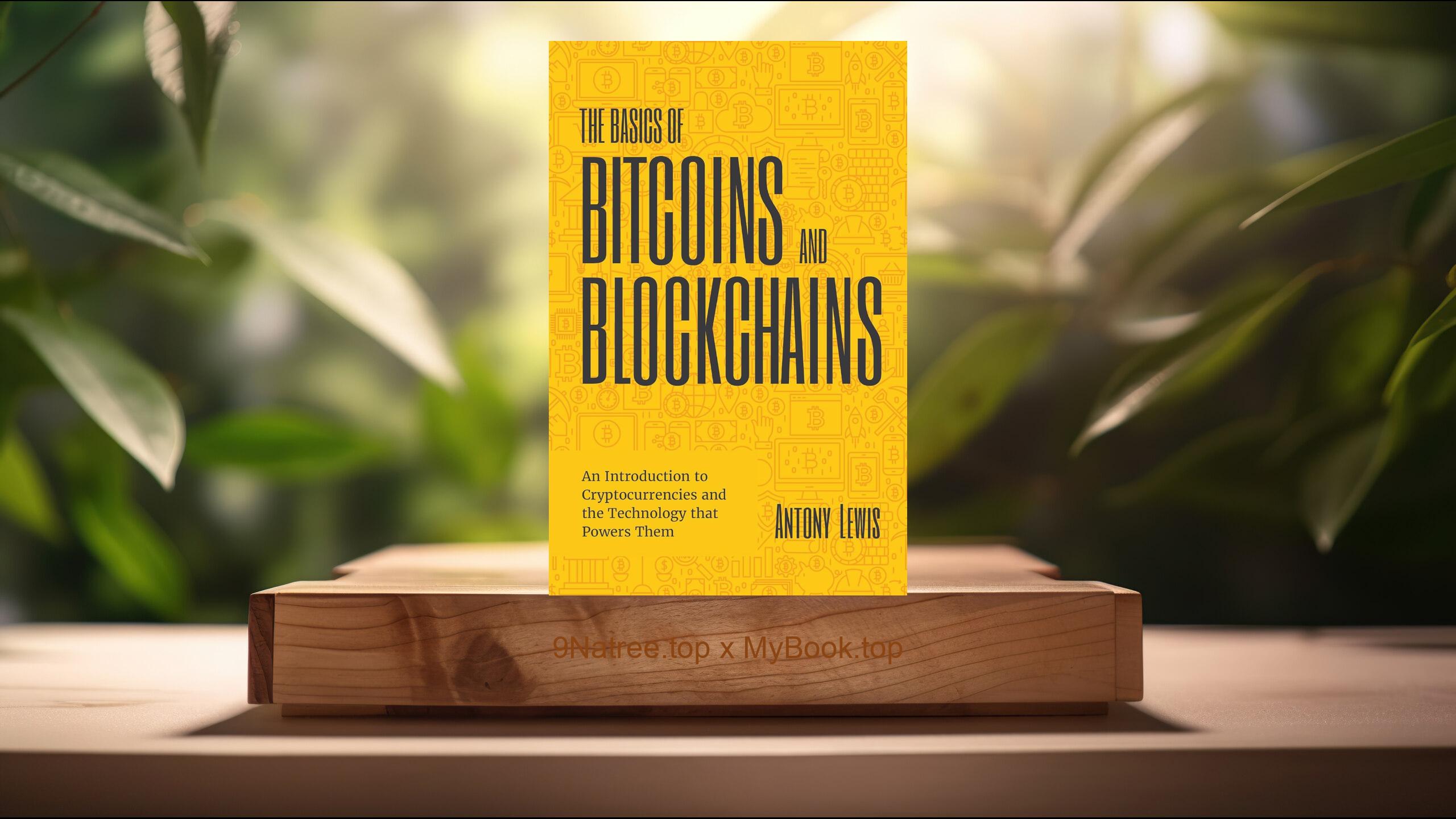Show Notes
- Amazon Books: https://www.amazon.com/dp/0316417203?tag=9natree-20
- eBay: https://www.ebay.com/sch/i.html?_nkw=Money+The+True+Story+of+a+Made+Up+Thing+Jacob+Goldstein+&mkcid=1&mkrid=711-53200-19255-0&siteid=0&campid=5339060787&customid=9natree&toolid=10001&mkevt=1
- Read more: https://mybook.top/read/0316417203/
#Economics #Finance #Cryptocurrency #DigitalPayments #MonetaryPolicy #FinancialHistory #BankingSystem #Money
These are takeaways from this book.
Firstly, The Origin and Evolution of Money, Jacob Goldstein delves into the history of money, tracing its origins to ancient times when basic barter systems were the norm. He explores the transition from tangible goods used for exchange, such as livestock and grains, to the adoption of precious metals and coins as the first widely accepted mediums of exchange. Goldstein highlights the role of trust and social agreements in this evolution, showing how money, in essence, is a collective belief system. The move to paper currency, a more abstract form of money, underscores the gradual shift towards today's digital and virtual currencies. This history provides a foundation for understanding money's fluid nature and its capacity to adapt to societal needs and technological advancements.
Secondly, The Psychology of Money, One of the captivating themes Goldstein explores is the psychology behind money and how it influences human behavior and decision-making. The book examines the mental shortcuts and biases that affect our financial choices, such as the tendency to overvalue immediate rewards over long-term gains. Goldstein also discusses the concept of 'mental accounting', a practice where people categorize their money into different 'accounts' based on subjective criteria, often leading to irrational spending and saving patterns. This section reveals how understanding the psychological aspects of money can help individuals make better financial decisions, highlighting the complex relationship between money, emotion, and rationality.
Thirdly, The Role of Banks and Financial Institutions, Goldstein offers an insightful analysis of the role banks and financial institutions play in the creation and circulation of money. He explains the concept of fractional reserve banking, where banks lend out most of the deposits they receive, thereby creating new money. The book also discusses the function of central banks in regulating the money supply and ensuring economic stability through monetary policy. By demystifying these complex financial mechanisms, Goldstein sheds light on how banks are at the heart of the monetary system, facilitating transactions, investments, and economic growth, but also how they have been central to financial crises throughout history.
Fourthly, Money in the Digital Age, This section of the book addresses the rapid advancements in technology that have transformed how we interact with money. From the rise of credit cards and ATMs to the advent of cryptocurrencies and mobile payments, Goldstein outlines the key developments that have made money more accessible and transactions faster and more secure. He examines the potential of digital currencies to revolutionize the financial landscape, discussing the benefits and challenges of a cashless society. Goldstein's analysis provides readers with a comprehensive understanding of the digital transformation of money and its implications for the future of finance.
Lastly, The Future of Money, Goldstein concludes his exploration by pondering the future of money in an increasingly globalized and digital world. He speculates on the potential impacts of emerging technologies like blockchain and the possible rise of a global currency. Moreover, Goldstein considers the economic and social implications of these changes, including privacy concerns, cybersecurity risks, and the widening gap between those with access to digital financial services and those without. This forward-looking perspective encourages readers to think critically about the roles they want money and technology to play in their lives and in society at large.
![[Review] Money: The True Story of a Made-Up Thing (Jacob Goldstein) Summarized](https://episodes.castos.com/660078c6833215-59505987/images/1778132/c1a-085k3-jp4447nzf09d-mkxnr4.jpg)




